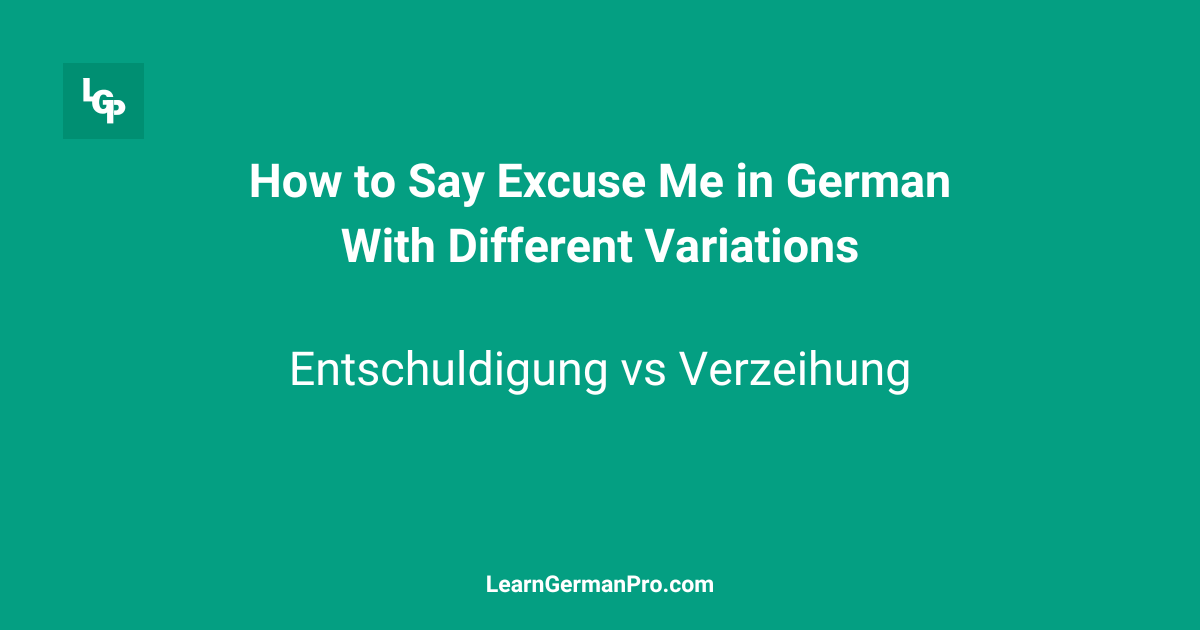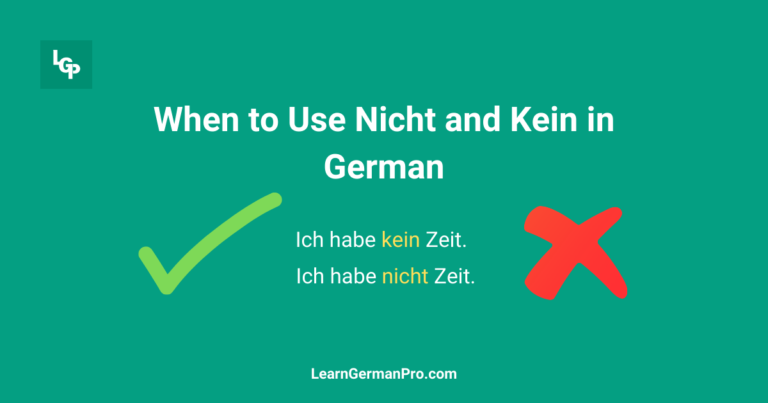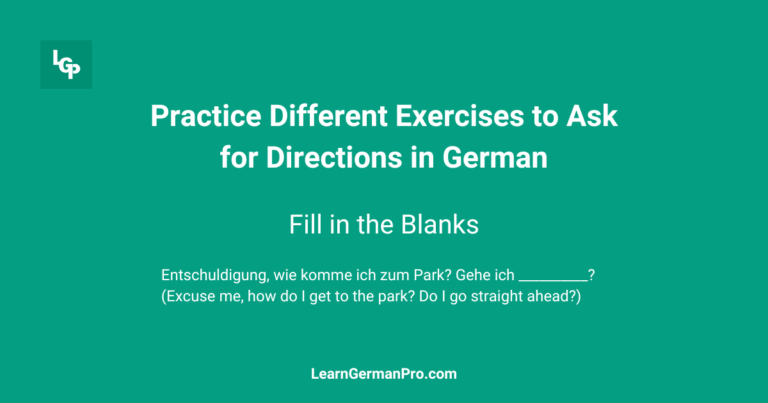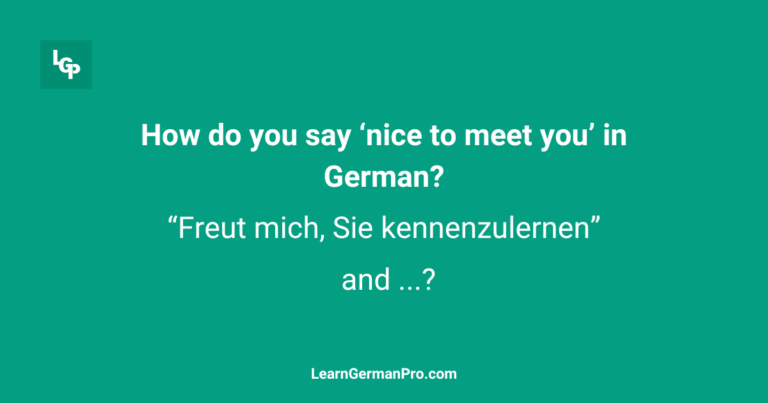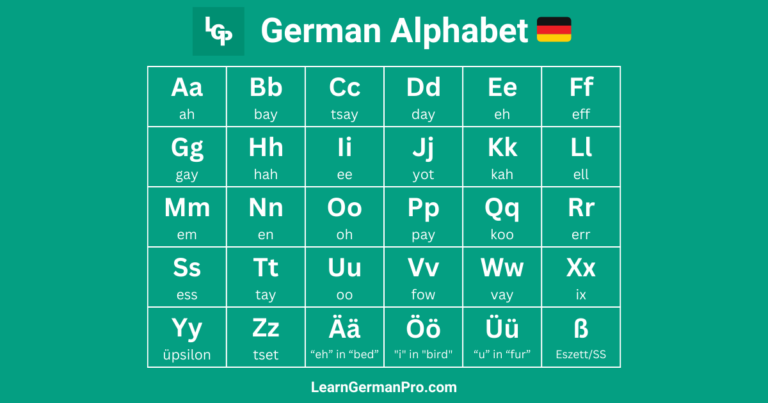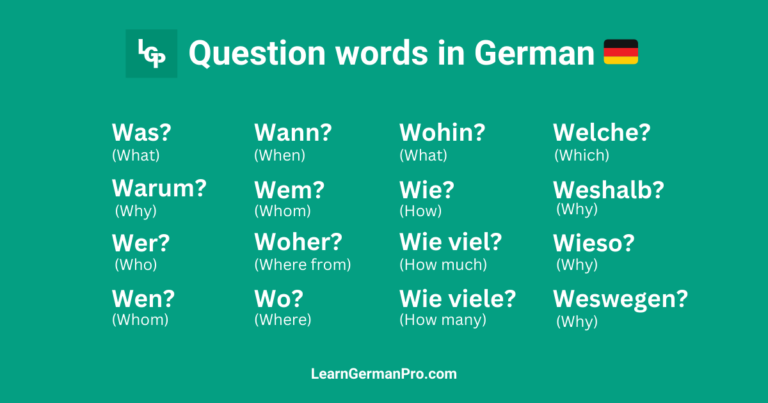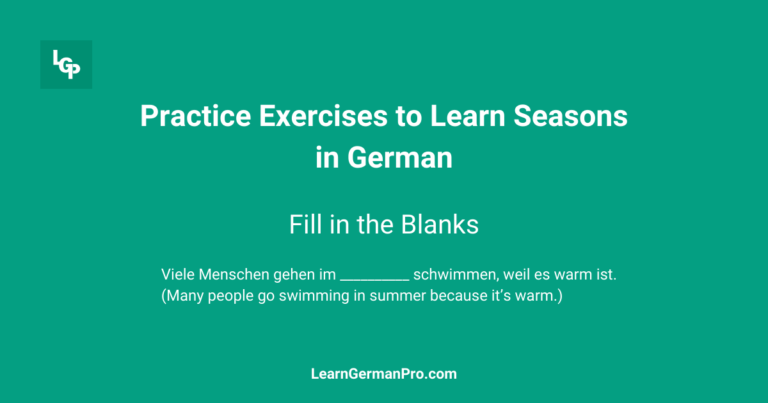How to Say Excuse Me in German With Different Variations
Whether you’re navigating a crowded street, trying to get someone’s attention, or simply passing by someone in a tight space, knowing how to say “excuse me” in German is essential for polite communication. German, like English, has multiple ways to express “excuse me,” depending on the context. In this article, we’ll explore the different variations and how to use them appropriately.
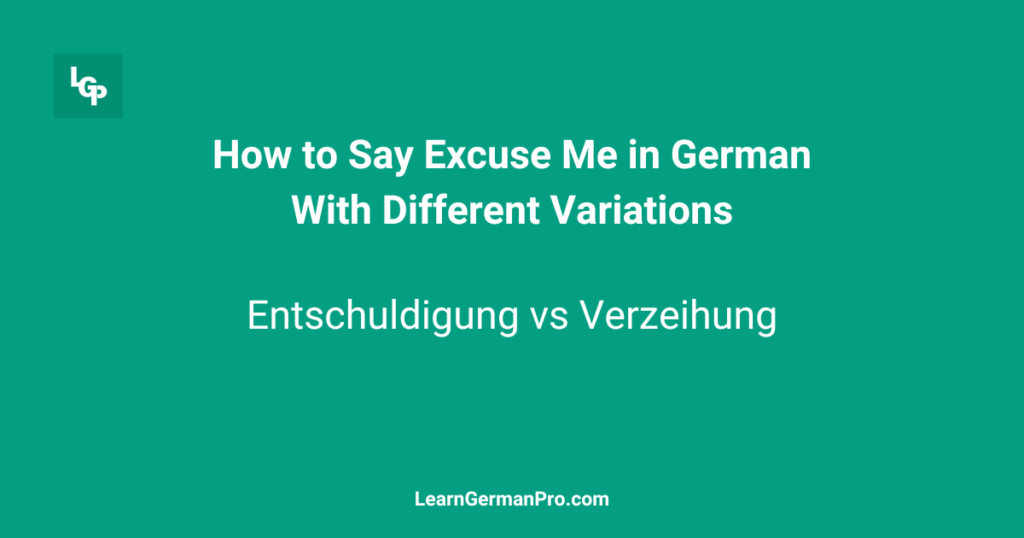
1. The Basic Phrase: “Entschuldigung”
The most common way to say “excuse me” in German is “Entschuldigung” (pronounced en-CHOOL-dee-goong). This versatile word can be used in many situations, such as when you bump into someone, need to get someone’s attention, or want to apologize for a minor mistake.
- Example:
Entschuldigung, können Sie mir sagen, wie ich zum Bahnhof komme?
(Excuse me, can you tell me how to get to the train station?)
“Entschuldigung” is polite and neutral, making it suitable for both formal and informal situations.
2. “Verzeihung” – A Formal Alternative
Another way to say “excuse me” is “Verzeihung” (pronounced fer-TSIGH-oong). This term is more formal and less commonly used in everyday conversation. However, it’s excellent for situations where you want to convey a deeper level of respect or when addressing someone in a formal setting.
- Example:
Verzeihung, aber dieser Platz ist besetzt.
(Excuse me, but this seat is taken.)
“Verzeihung” can also be used when you need to apologize more earnestly, similar to saying “pardon me” in English.
3. “Entschuldigen Sie” – Polite and Respectful
For a slightly more formal variation, you can use “Entschuldigen Sie” (pronounced en-CHOOL-dee-gen zee). This phrase is essentially a command form of “Entschuldigung” and is particularly useful when you want to address someone directly and respectfully, especially in professional or formal environments.
- Example:
Entschuldigen Sie, ich habe eine Frage.
(Excuse me, I have a question.)
This phrase adds an extra layer of politeness, making it appropriate for situations where you need to be particularly courteous.
4. “Kann ich bitte vorbei?” – Asking to Pass By
When you’re in a crowded space and need to pass by someone, a more specific phrase is “Kann ich bitte vorbei?” (pronounced kahn eekh BIT-teh vor-BYE). This translates to “Can I please pass by?” and is perfect for situations where you need to maneuver through a crowd or squeeze past someone.
- Example:
Entschuldigung, kann ich bitte vorbei?
(Excuse me, can I please pass by?)
This phrase is polite yet direct, ensuring that you’re both respectful and clear in your request.
5. “Darf ich mal?” – A Casual Approach
For a more casual or friendly approach, you can use “Darf ich mal?” (pronounced DARF eekh mahl). This phrase loosely translates to “May I?” and is often used when you’re trying to reach for something or need someone to make room for you.
- Example:
Darf ich mal? Ich möchte das Buch da drüben holen.
(Excuse me, may I? I’d like to grab the book over there.)
“Darf ich mal?” is best used in informal settings, such as with friends or family, where the atmosphere is more relaxed.
6. “Entschuldigung, ich hätte eine Frage” – Introducing a Question
If you want to ask someone a question but need to politely get their attention first, try “Entschuldigung, ich hätte eine Frage” (pronounced en-CHOOL-dee-goong, eekh HET-teh EYE-neh FRAH-guh), which means “Excuse me, I have a question.”
- Example:
Entschuldigung, ich hätte eine Frage. Wie komme ich zur nächsten U-Bahn-Station?
(Excuse me, I have a question. How do I get to the nearest subway station?)
This phrase is a great way to approach someone politely and prepare them for the fact that you need their help.
7. “Entschuldigen Sie bitte die Störung” – Apologizing for an Interruption
If you’re interrupting someone or disturbing them, it’s polite to use “Entschuldigen Sie bitte die Störung” (pronounced en-CHOOL-dee-gen zee BIT-teh dee SHTOE-roong), which translates to “Excuse me for the disturbance.”
- Example:
Entschuldigen Sie bitte die Störung, aber ich brauche Ihre Hilfe.
(Excuse me for the disturbance, but I need your help.)
This phrase is particularly useful in professional settings where interruptions need to be handled with extra care.
Cultural Tips for Using “Excuse Me” in German
In German-speaking countries, politeness is key. Using phrases like “Entschuldigung” or “Verzeihung” is not just about language; it’s about showing respect to others. Germans appreciate directness paired with politeness, so don’t be shy about using these phrases when necessary.
It’s also important to make eye contact and possibly nod or smile when saying “excuse me.” These non-verbal cues can help convey sincerity and make your interaction smoother.
Conclusion
Knowing how to say “excuse me” in German with different variations is an essential part of mastering the language and culture. Whether you’re in a formal meeting, navigating a busy street, or simply trying to pass someone in a crowded space, these phrases will help you communicate respectfully and effectively. Practice them, use them, and you’ll find that your interactions in German-speaking environments will be much more pleasant and polite.

